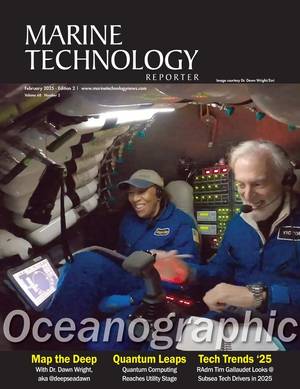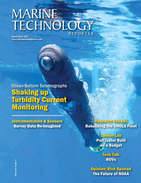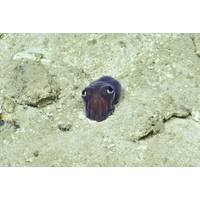
Expedition Taps New Tech to Check Deep-Sea Coral Health
protected areas around Puerto Rico.The developmental chemical sensor (SOLARIS) is a centerpiece of the expedition. SOLARIS is used in the ocean to make measurements of a fleetingly scarce compound called superoxide, a reactive oxygen species. SOLARIS utilizes the property chemiluminescence, a chemical reaction that produces light. The sensor SOLARIS enables scientists to bring the high-precision analyses of a chemistry laboratory to depths of up to 4500 meters to better understand the chemical dynamics of reactive oxygen, which researchers hope to use in understanding the corals' abilities to

Lander Lab #5: Lithium Polymer Batteries
information on GensAce/Tattu LiPo batteries may be found at <https://www.genstattu.com/bw/>. (photo credit: Gens Ace)Because prismatic cells are vacuum sealed in a soft plastic pouch, they are pressure tolerant. There are no compressible materials on the interior so the rate of chemical reaction is unaffected by pressure. The matching BMS protection circuitry is likewise made of pressure tolerant components (See next section). I have immersed both in bags filled with mineral oil and tested them to 18,000-psi. They held up fine.Placing a pressure compensated LiPo battery
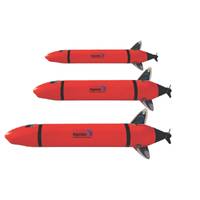
Taking UUVs Faster, Further & Deeper
primary and nickel-metal-hydride cells. With lithium primary cells, the standard micro-UUV can operate for over a week at speed.Through an exclusive partnership with L-3-Open Water Power the micro-UUV will pioneer the use of aluminum seawater batteries. This new technology harnesses the energy of a chemical reaction between seawater and specially developed, high-purity aluminum alloys. The result is an inherently safe energy storage solution with a dramatic increase in energy density. This technology will be tested in 2018 and is anticipated to be available commercially on Riptide UUVs in 2019.Through
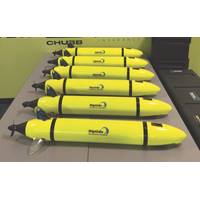
UUV Manufacturer Aims Big by Going Small
a cruise speed of 3.6 knots. This performance is adequate for many applications, but it can be improved upon. Through an exclusive partnership with Open Water Power Inc. the micro-UUV will pioneer the use of aluminum seawater batteries. This new technology harnesses the energy of a chemical reaction between seawater and carefully treated aluminum alloys. The result is an inherently safe energy storage solution with a dramatic increase in energy density. With the use of this new battery technology the endurance of a micro-UUV can be extended well over 10 times the current
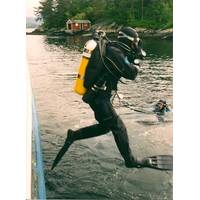
Warning for Breathing Gas Users
possible and shall be not greater than 10% of the UK8hour time weighted average exposure limits which are specified in the HSE publication EH40. However, contamination can occur when gases or vapors are drawn into a compressor accidentally as a result of a leak or a spillage, or from a nearby chemical reaction or combustion process. As a result, any analysis of the compressed gas that only measures specific compounds is unlikely to detect any unforeseen contamination and this is the reason for FTIR being the preferred analytical technology for breathing gas analysis.
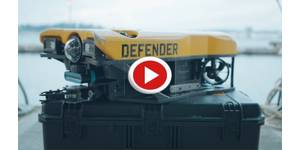

 February 2025
February 2025
